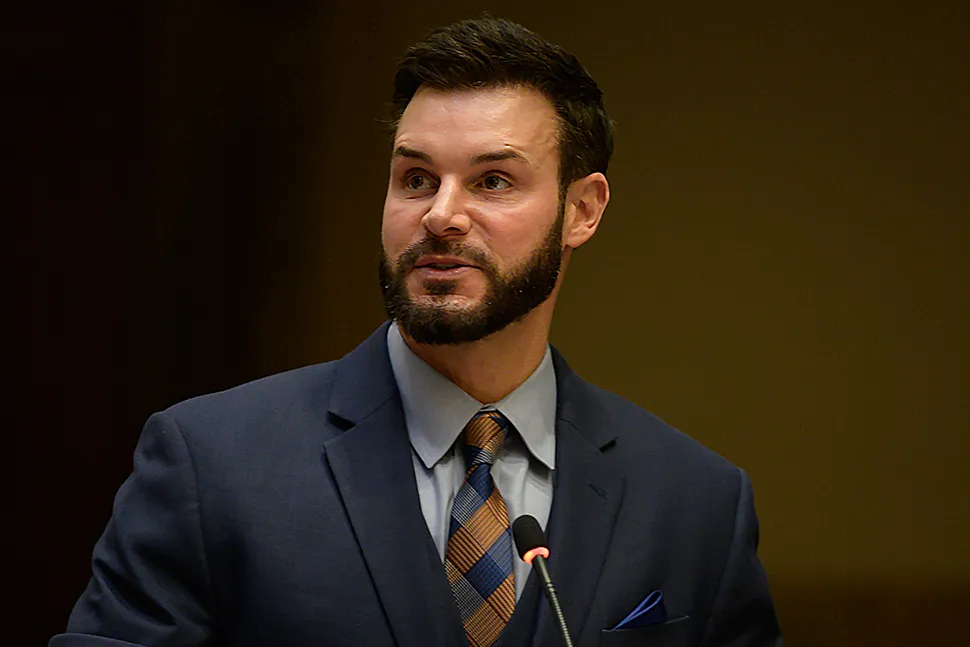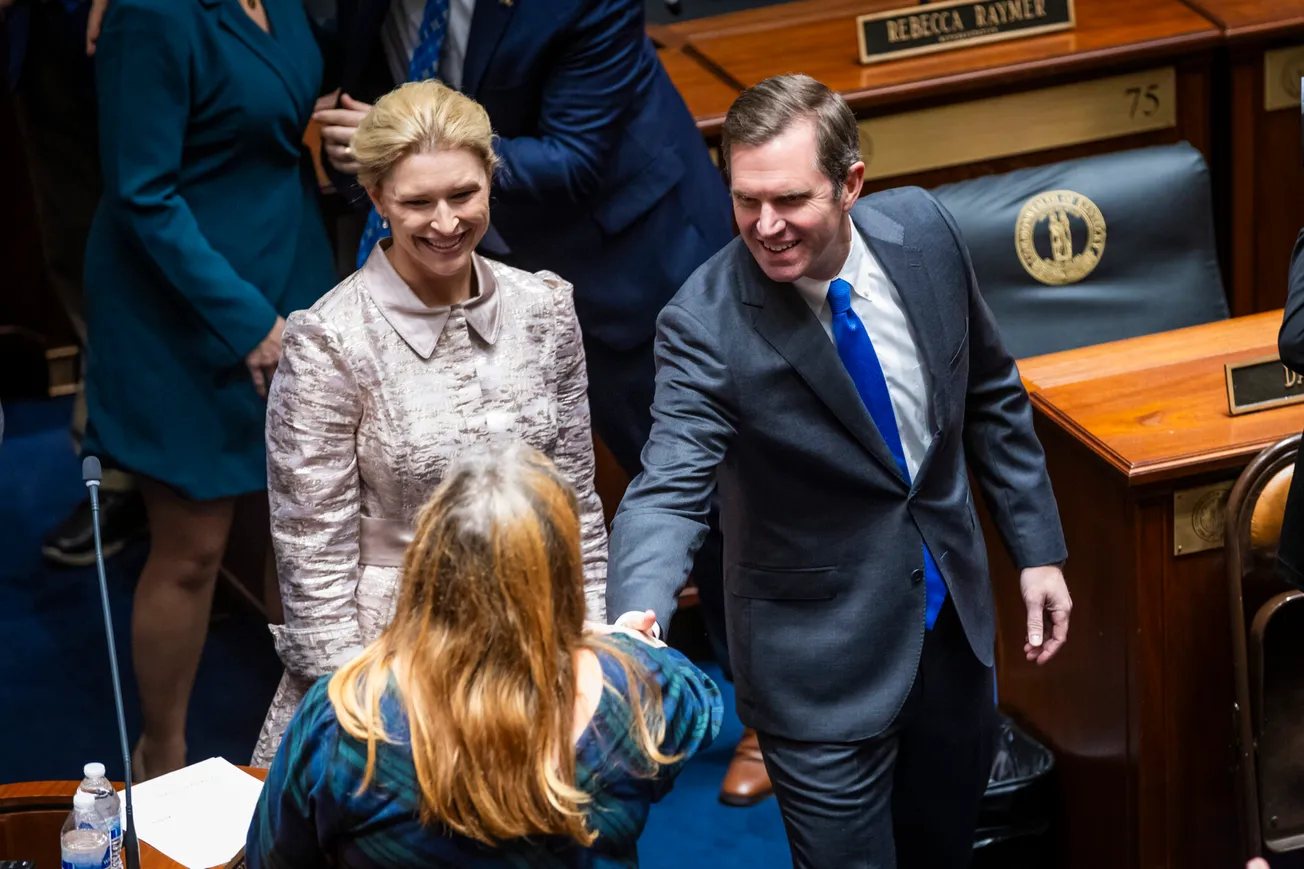“Today, people around the country will celebrate and applaud a man they would absolutely hate if he were alive,” said Terrance Sullivan in his keynote speech at the annual Martin Luther King Jr. luncheon in Paducah on MLK Day.
Warned the executive director of the Kentucky Commission on Human Rights: “They will post quotes on their Facebook and Instagram to speak of justice and something about a dream and mix and match. They will pick a line from a speech they never fully heard or bothered to read completely. Because if they did, they would realize they are the subject of the speech itself."
Sullivan didn’t name names. But for years, conservatives — nearly all of them white Republicans — have claimed that the line Sullivan spoke of in King’s immortal “I Have a Dream Speech” proves he merely wanted to change individual hearts and minds, not overturn laws that institutionalized racism:
I have a dream that my four little children will one day live in a nation where they will not be judged by the color of their skin but by the content of their character.
“When I hear people quote that out of context to weaponize it, the larger question that comes to me is ‘What is their agenda?’” said Murray State University historian Brian Clardy.
The answer is obvious, he added. “They want to pasteurize Dr. King. They want to end any conversation about a diverse and inclusive society, which is the society he wanted. They think that quote will kill the debate.”
Explained Clardy: “As a pastor, Dr. King wanted to see society spiritually transformed. But he also wanted to see changes made in the law. This is where his political savvy came into play in dealing with Eisenhower, Kennedy, and Johnson. He wasn’t at the White House to change their spirits.
"He understood that the presidency had a unique place in the political order. He wanted to put pressure on presidents — and Congress — to effect change in the law.”
Clardy said the notion that King “was not about political transformation is based on a serious misreading of history.”
Sullivan and Clardy have plenty of company in calling out conservatives for cynically twisting King’s words to suit their belief that Uncle Sam has no business promoting racial justice and equality. These conservatives insist they’re standing up for “states’ rights,” their resurrected version of the old Southern white supremacist Democrats’ apologia for slavery before the Civil War, and Jim Crow segregation and Black disenfranchisement for nearly a century after Reconstruction.
“The misuses of King are not accidental,” wrote University of Southern California sociologist Hajar Yazdiha in The Conversation.
“In the late 1970s and early 1980s, a sanitized version of King was part of a conservative political strategy for swaying white moderates to support President Ronald Reagan’s reelection by making King’s birthday a national holiday.
“Even after Reagan finally signed the King holiday into law in 1983, he would write letters of assurance to angry political allies that only a selective version of King would be commemorated.
“That version was free of not only the racial politics that shaped the civil rights movement but also of the vision of systemic change that King envisioned. In addition, Reagan’s version left out the views that King held against the Vietnam War.
“Instead, the GOP’s sanitized version only comprises King’s vision of a colorblind society – at the expense of the deep, systemic change that King believed was needed to achieve a society in which character was more important than race.”
Writing in The Beast on the King holiday in 2021, Ernest Owens recalled that “King’s messages of nonviolence and unity were invoked on the floor of Congress last week to defend the likes of white supremacist Donald Trump from his richly deserved second impeachment. ‘I’m asking my colleagues to remember the words of the legendary, the great leader in this country, Dr. Martin Luther King, who once said the time is always right to do what is right,’ newly sworn-in Republican Congresswoman Nancy Mace said, in her first time speaking on the House floor. ‘We need to recognize, number one, that our words have consequences. That there is violence on both sides of the aisle. We’ve contributed to it. We need to take responsibility for our words and our actions.’”
Owens continued, “Yes, a Republican used the words of King to defend the likes of Trump while both-siding the fatal violence of Trump’s minions, egged on by numerous seditious Republicans following his lead and refusing to accept his loss, storming the Capitol. At first, I asked myself how ... could such a false equivalence happen – and now, of all times? But while it feels shocking each time, Republicans misquoting and weaponizing King’s words and ideals to defend their problematic ways is nothing new.”
Concluded Clardy: “It is sad and unfortunate that like Jesus and so many other people, King is misrepresented, lied about, and his words twisted for nefarious ends. The intent is still to use their words, or snippets of their words, to beat down dissent.”
--30--








